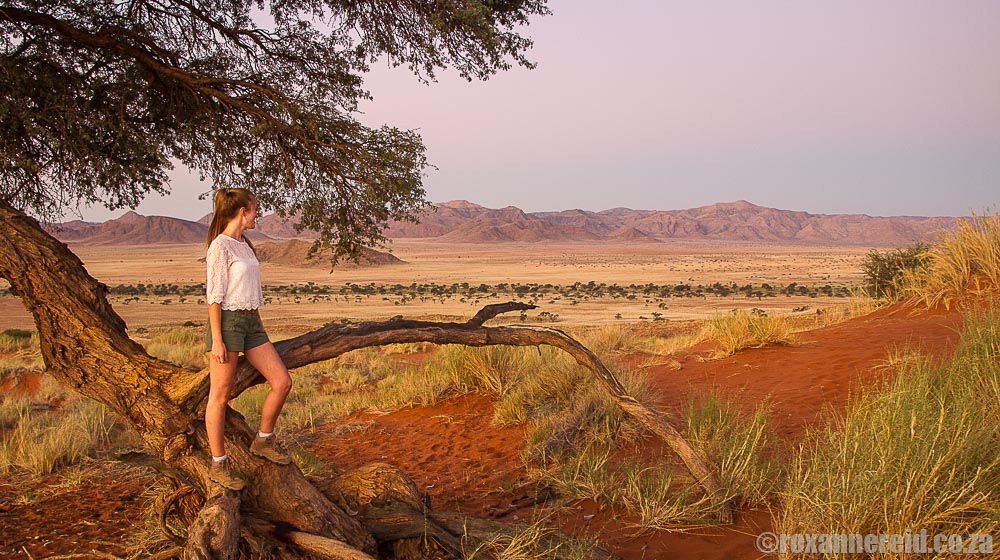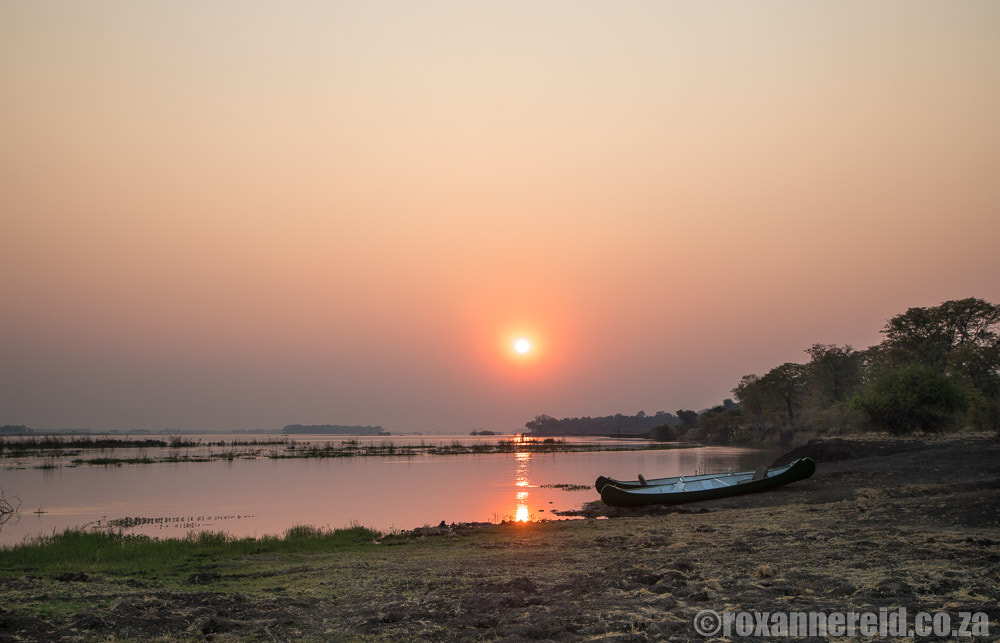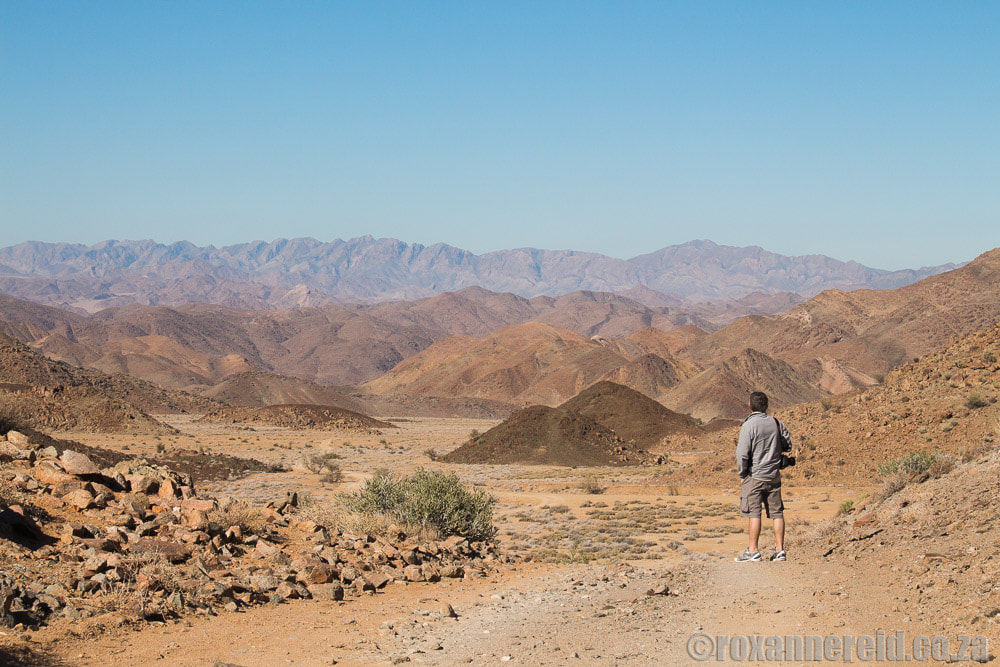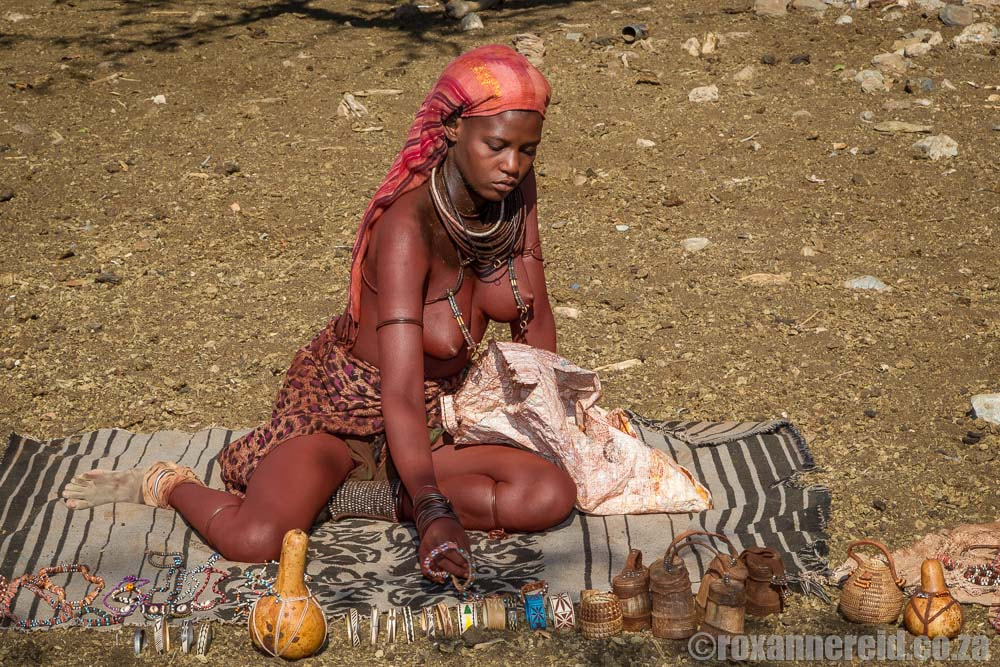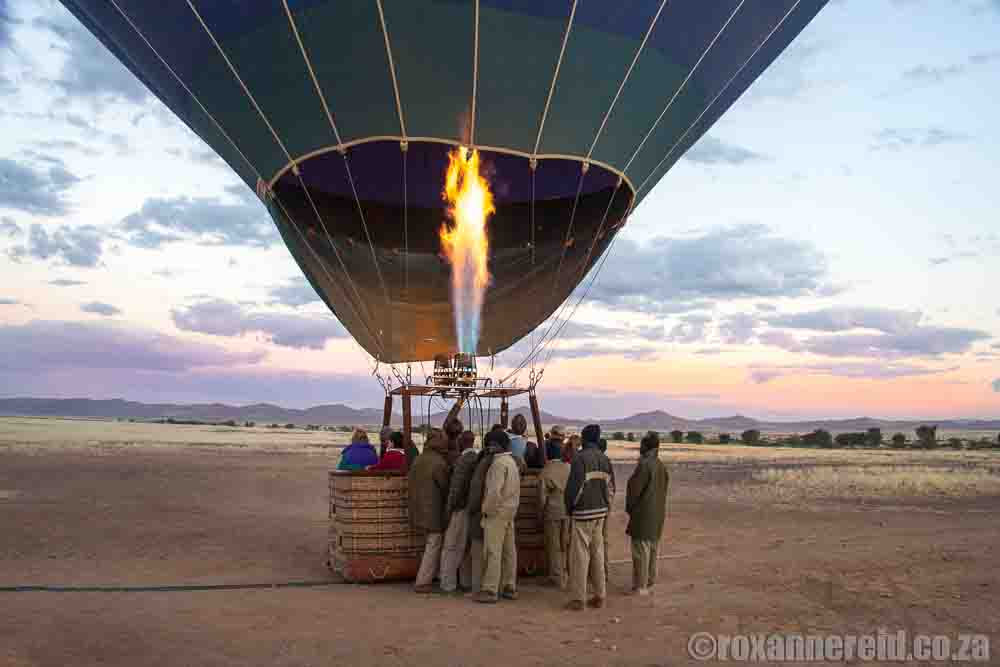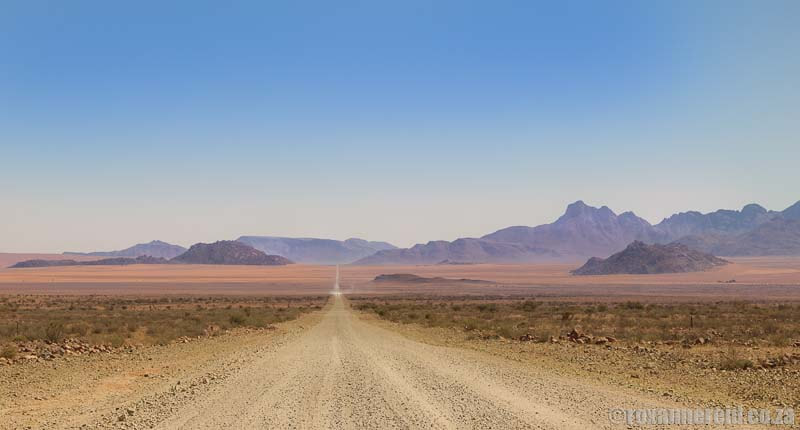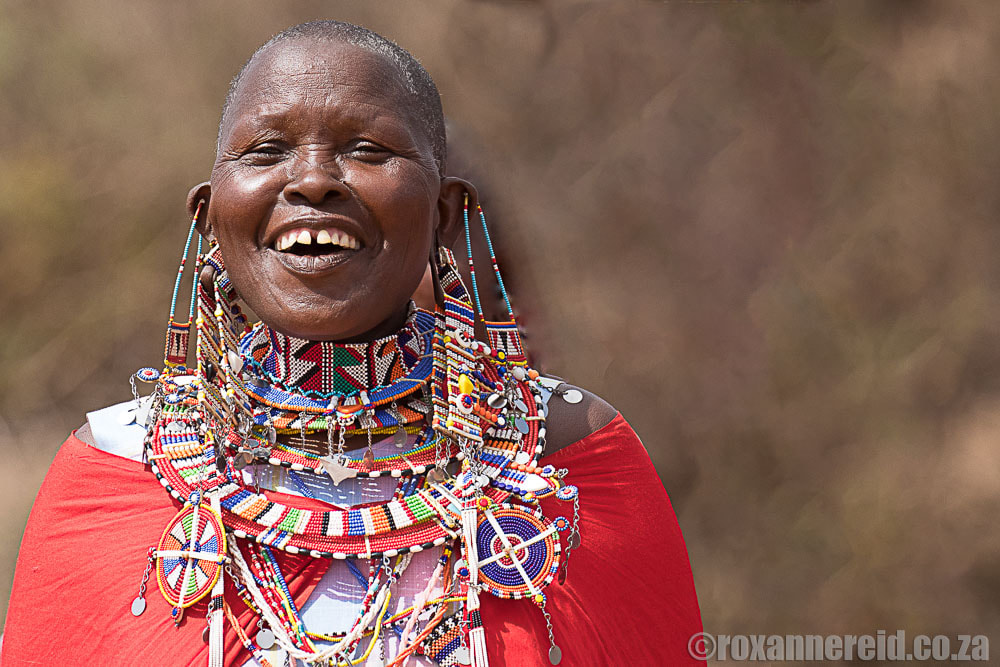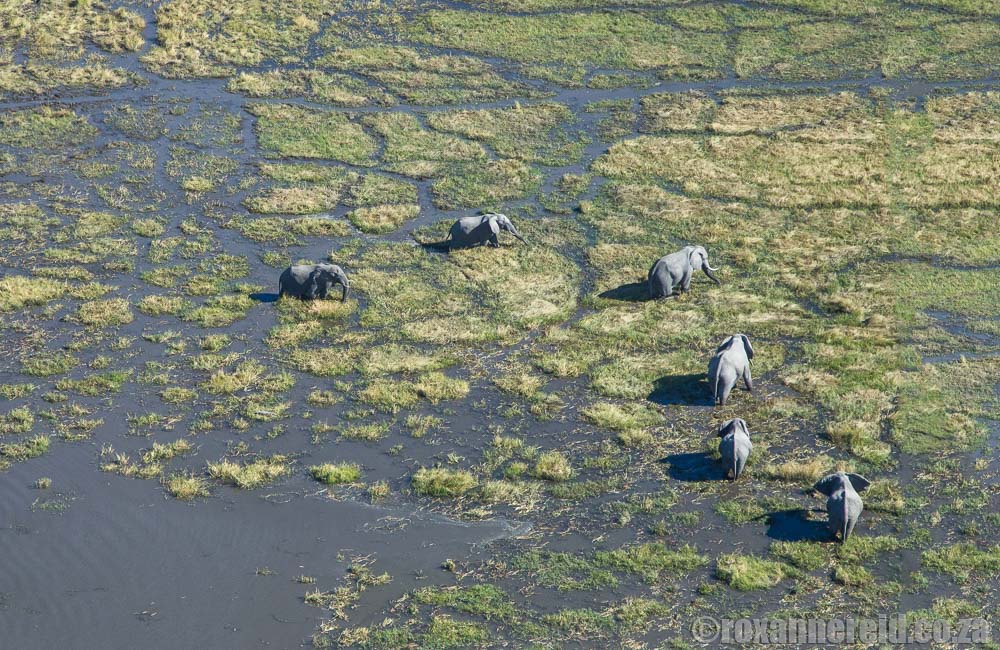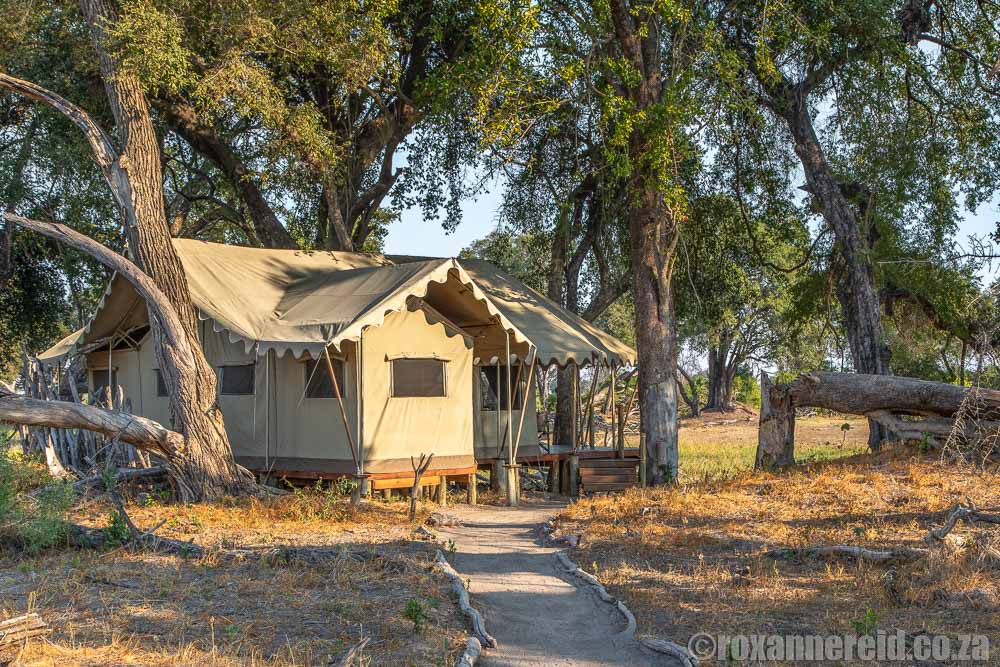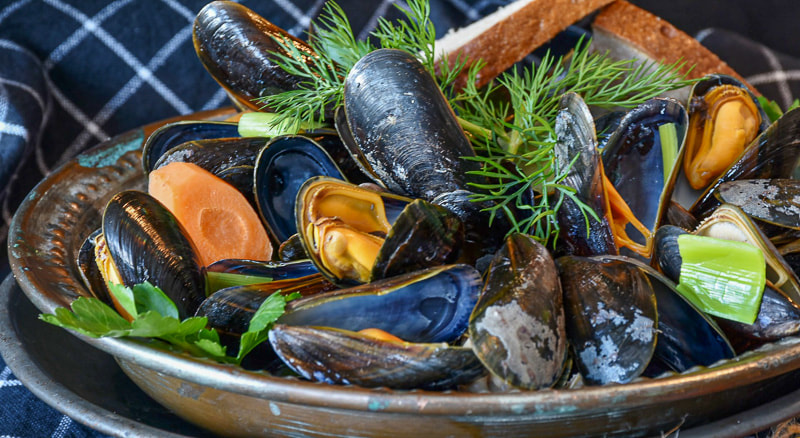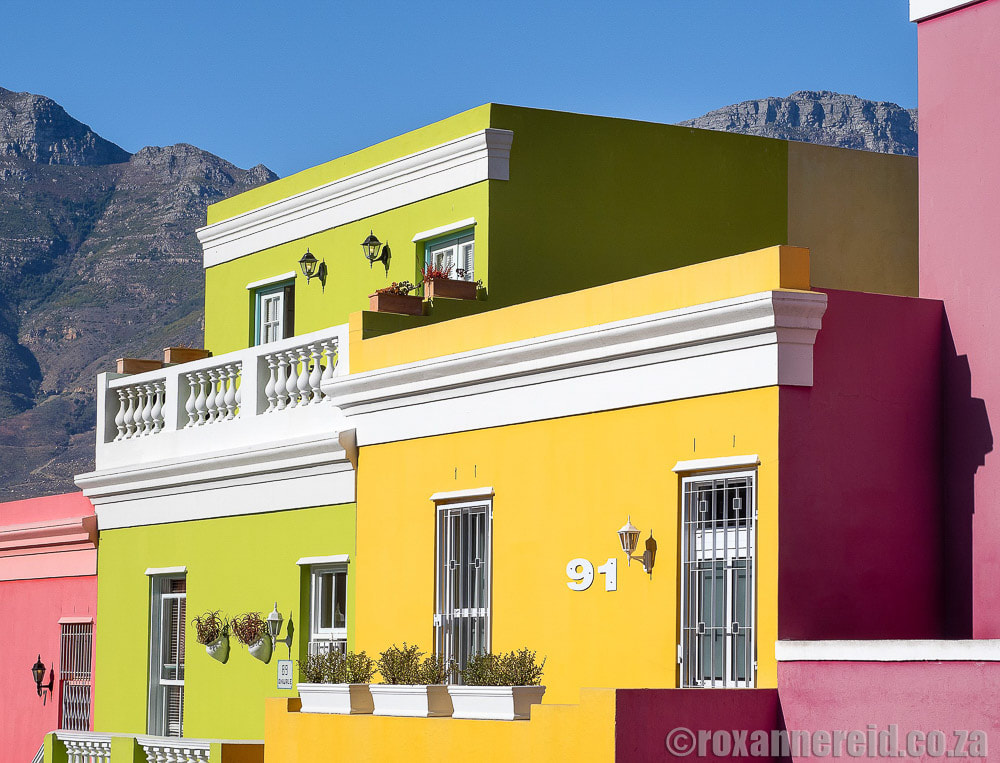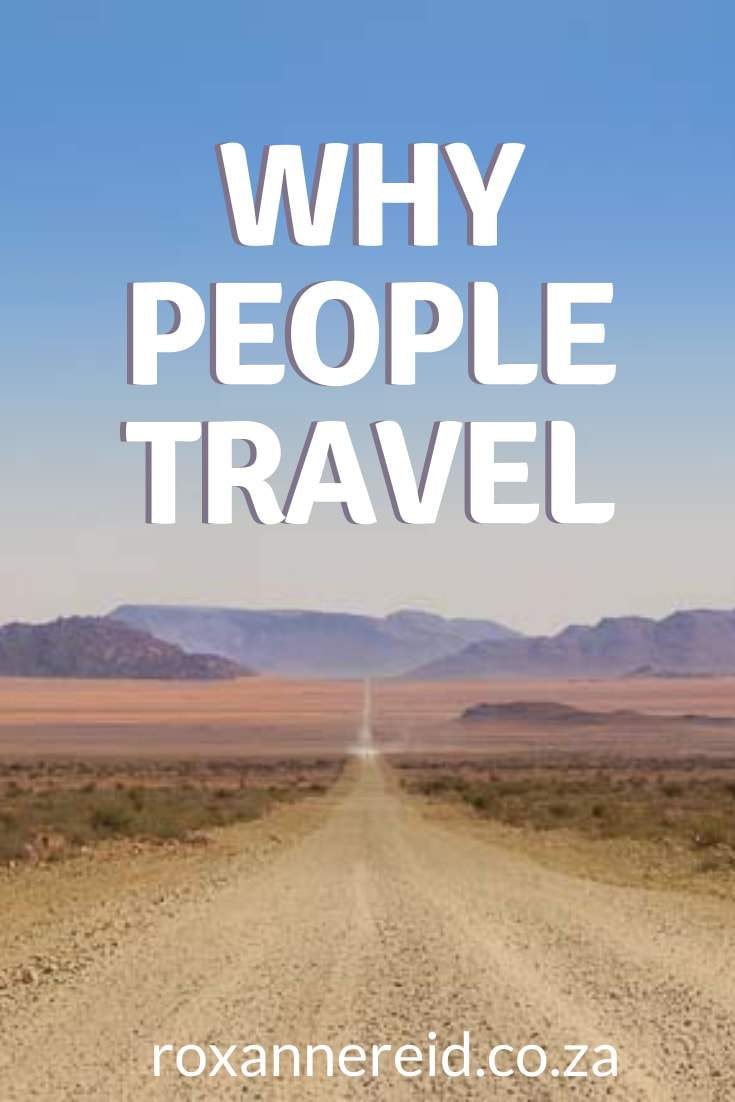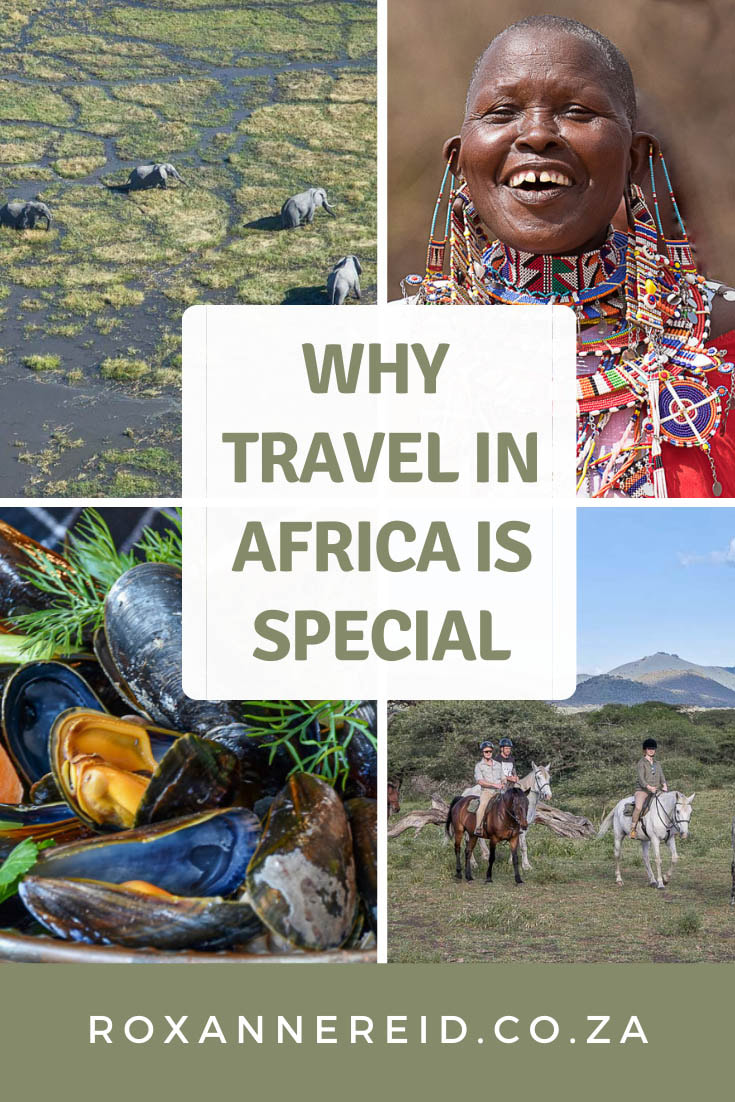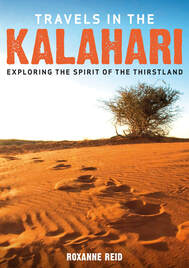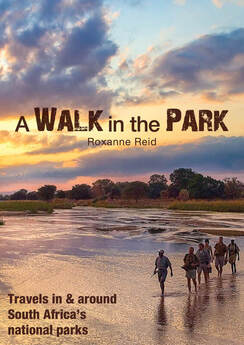Why do people travel? It’s at least partly to break out of their comfort zone, to find out more about themselves, to relax, be inspired or fulfill their sense of adventure. But have you ever made a list of what drives your urge to travel and which aspects of your travel experience make you happiest? Here, in random order, are 10 reasons why people travel – and what makes travel in Africa so rewarding.
1. Nature
As Pico Iyer wrote, ‘In an age of distraction, nothing can feel more luxurious than paying attention.’ From dust, wind and a gathering sense of rain to sunshine and open blue skies, nature will seduce you with something different every day. All you have to do is be open to its moods and look beyond the superficial. I’ve met people who complain about the ‘lack of wildlife’ in the Kgalagadi Transfrontier Park after a morning without lions, but wouldn’t know a barking gecko, a whistling rat or a yellow mongoose if they tripped over it; people who say the Karoo is ‘empty’ but have never stopped to listen to the humming of its silence.
2. Landscapes
They can be as ebullient as the colourful carpets of spring flowers of the West Coast or the lush green hills of the Wild Coast; they can be as reticent as the dry Richtersveld mountains or lonely Namib Desert. But if you make time and space they will all knock you for six with the secrets they can reveal.
If an abandoned or crumbling house is part of the landscape, its ghosts will whisper to you too. Imagine a family there long ago, the kids playing in the yard, the sound of mom calling to them long before the building was abandoned to the sun and wind.
3. Culture and heritage
Some people are conflicted about heritage centres, feeling they’re not authentic. For me, though, they serve a dual purpose. First, they give travellers a chance to learn about a different culture – something that isn’t always easy to achieve unless you know one of the locals who will invite you to his or her home. Second, and perhaps more importantly in a time when many traditions are being lost as the younger generation embraces 21st century Western ways, they preserve older traditions that might otherwise be lost, they reinforce cultural dignity, and they provide an income for the local community. Namibia does this particularly well with places like the Mbunza Living Museum.
Don’t forget modern township culture, which has a vibrancy of its own. Join a guided tour to Namibia’s Katutura (Windhoek) or South Africa’s Soweto (Johannesburg) and surrender to the magical blend of cultures, flavours and sounds of township life for just a while. Use a responsible operator (see ‘responsible travel’ below) so your tour gives back in some way rather than stumbling into poverty tourism. There’s poverty, certainly, but townships are about a lot more than that. They should be celebrated for their creativity and entrepreneurship.
Heritage can be cultural but it’s also about history and nature. A historical example might be the 200-and-some buildings in Graaff-Reinet that are national monuments, or the significance of the mountain fortress of Thaba Bosiu for the Basotho nation. Sometimes the lines are blurred, as in the rock art of Namibia’s Twyfelfontein or the archaeological finds and significance of Mapungubwe Hill in South Africa, both of which are tangible historical monuments as well as part of an intangible culture.
As for natural heritage, examples might include the Okavango Delta, the Victoria Falls, and African wildlife (see point 7). In all three types – cultural, historical and natural – heritage from the past survives in the present and deserves to be conserved so that it lasts long into the future.
4. Activities and experiences
Sometimes it takes courage, like when you fling yourself off a platform 30m in the air to zipline through the Tsitsikamma or Karkloof forests. Or when you put your life in the hands of a Bushman tracker and hike out into the Kalahari desert among lions and hyenas, extracting an errant foot every now and then from a collapsed burrow in the dunes where a puff adder might be lurking. Or take on a wilderness walking trail among the Big Five in the Kruger National Park. The dust, the heat, the thirst and the danger from wildlife are real, but they enter your book of memories softened by the thrill of achievement, of surviving a harsh landscape and having a story to tell.
There are many epic things to do in Africa I still want to experience. It’s what keeps us going, that yearning for more – more travel, more experiences, more facing our fears to remind us we’re alive.
5. Road trips
Nowhere better than on a road trip do you understand that the journey is as important as the destination. If you just barrel along the N1 trying to clock your best time between Joburg and Cape Town, you’re not going to have Experiences with a capital E. Take your time and explore the minor roads that curl around the country. Once you’ve visited remote settlements with evocative names like Lekkersing and Spoegrivier, Riemvasmaak and Baardskeerdersbos, your whole perspective changes. You become a slow traveller soaking up the smell and colour and taste of places along the way, rather than someone hell-bent on getting to the end point just so you can turn around and rush back again a week or two later.
Jack Kerouac once wrote that ‘the road is life’ and I agree. It’s a compulsion, an itching of the feet to explore off-the-beaten tracks and discover what new insights they have to offer that makes my heart sing on a road trip.
6. People
Take time to look past the surface and see people for who they are inside. Let them enrich your life. I’ve met scientists who at first glance appear forbidding or dusty but turn out to be engagingly passionate and funny. People who look like bergies, homeless and hopeless, yet speak with a poetry many writers would envy. San trackers who can neither read nor write, but know so much and are so darned clever that they turn preconceived ideas of ‘uneducated’ on their head. And, in deep rural areas, poor people who survive on very little but their kindness and ability to laugh in the face of life.
We travel so we can move among real people in their own environment and soak up their wisdom and philosophy, their way of being in the world. Don’t make the mistake of skimming across the surface and coming away with your soul unchanged, your imagination untouched by the wonder of a life lived differently.
7. Wildlife
From the imposing and powerful to the ugly or comical, we have them all. How can you not feel the power of nature when you watch a lion or leopard go into a stalking crouch, a cheetah rocket almost airborne across the veld, or a springbok give birth? How can you not smile when a tiny elephant calf trumpets and spins its trunk like a propeller to intimidate a clutch of turtle doves?
The secret is not just to tick off the species you’ve seen – from aardvark to zebra and lots in between. It’s to sit quietly and observe their behaviour, learn to anticipate their likely next move, marvel at the diversity and complexity of the animal kingdom that fills our continent to bursting. One good way to find the patience to sit quietly and observe is to develop an interest in wildlife photography.
8. Responsible travel
A good example is Botswana’s Okavango Delta. Here you’ll find some of the best safaris you can have in Africa. You’ll also find companies like Great Plains Conservation and Wilderness Safaris that are eco-friendly and sustainable, treading lightly on the Earth – think solar power, water conservation and recycling, for instance. They also support local communities through respect, education, employment and upliftment. Yes, all this comes at a cost to visitors but you get a deeply personal experience and the satisfaction of knowing you’re helping to make a difference.
Ask yourself what you care about. For me, it’s wildlife and people so I won’t support tourism operators who mistreat or exploit animals and their staff or local communities. Activities like petting cheetah cubs or walking with lions are on my no-no list – any touchy-feely experiences with what should be wild animals, in fact. To educate yourself about why this is a red flag, follow the Blood Lions story as one example. Similarly, I prefer to support companies who pay their staff well and provide them with opportunities to grow, as well as creating or supporting projects that help local communities.
So how do you avoid supporting companies whose values don’t align with yours? Ask questions about their environmental, conservation and community principles before you make a booking. If they can’t answer you satisfactorily, move on. If their website doesn’t specifically spell out their responsible travel ethics, chances are they don’t have a clear policy; if this is important to you, take your business to a company that does.
9. Food
It’s part of the joy of travel to be open to new food experiences. Whether it’s trying crispy fried mopani worms in Zimbabwe, spicy couscous in Morocco, samp and beans in a township, bobotie in the Bo-Kaap, lamb in the Karoo, or mussels fresh from the sea along the Cape West Coast, each speaks volumes about where it comes from. Not trying some of the local dishes in Africa would be like going to Rome and not eating pasta, to Thailand and not sampling tom yum.
As Bourdain said, food is all about risk and adventure. If you’re not willing to try new foods, you become stagnant and dull. You don’t have to like them, but you do at least have to try them.
10. Learning new things
If you do the same stuff you do at home every day, you won’t remember it ten years from now. When my husband asks what I want for my birthday, the answer is always to make new travel memories. Because it’s recollections of places you’ve been to and people you’ve met that grow ever more mellow and sweet, that stay in your heart long after any material gifts have lost their sparkle or been thrown out to make space for more.
So take that cooking class in Cape Town’s Bo-Kaap, have a drumming lesson at Victoria Falls, fill your hands with clay and make pottery in Limpopo, go on a walking safari in Zambia, push through the boundaries of your fears – and grow.
Every time you come back from your travels, you’ll be a slightly different person because of where you’ve been, what you’ve seen and done, who you’ve met. As Pico Iyer says, ‘A person susceptible to “wanderlust” is not so much addicted to movement as committed to transformation.’
All of your travels and experiences leave their stamp on your heart, giving you a series of new mind-clips to add to that You-Tube storage unit you call your memory.
You may also enjoy
8 reasons to visit Twyfelfontein in Namibia
Best Botswana game reserves for a wildlife safari
Like it? Pin this image!
